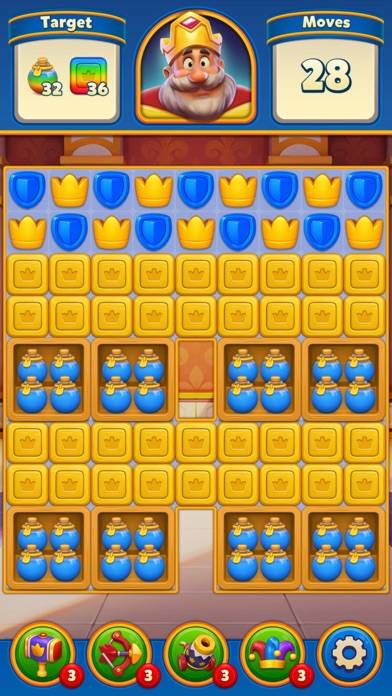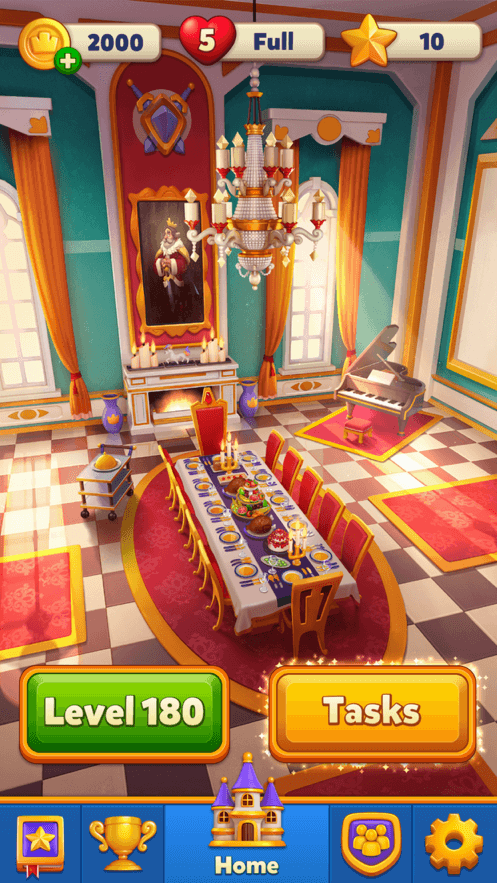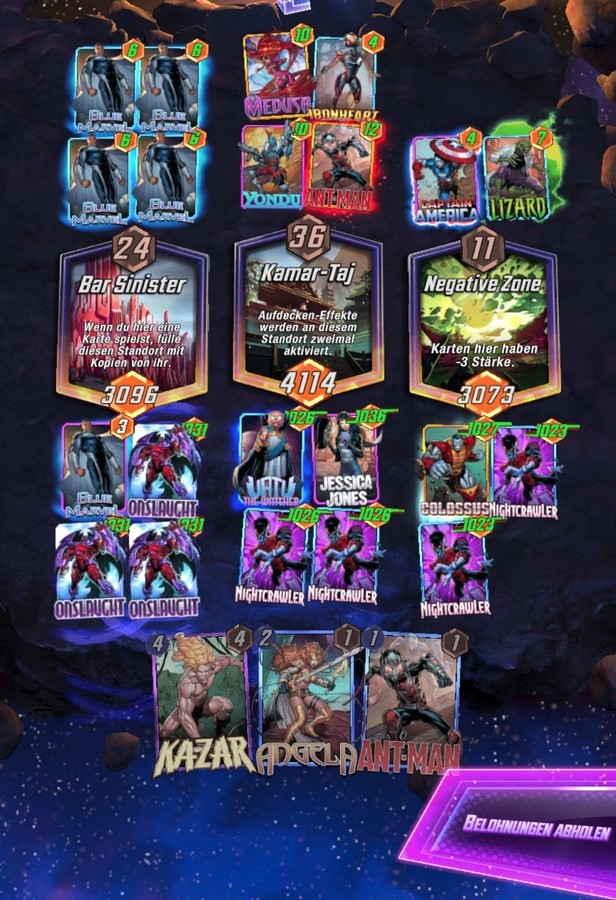I got in touch with a manager of an important company for a position that was definitely too big for me. Anyway, trying never hurts. I had the opportunity to take part in a selection process. The process included a technical test that I had to deliver in a time frame set by myself. I accepted, even though I had promised myself not to. I carried out the test and also asked for help from people more experienced than me, for feedback. These people helped me, thank you, Susan and Katie.
After two weeks I got the answer. I didn’t pass the test. The answer came accompanied by comprehensive feedback on the reasons. I read the reasons, I would have liked to defend my assessment in a videocall. Yet, re-reading my proof and reading that feedback I find myself agreeing on many points.
Feedback
A constant in my life is that they tell me I don’t get straight to the point and I arrive as confused. I seem too academic and introduce concepts that aren’t always very clear.
Then there are comments about typos, but I’m not a native speaker.
Some questions have been interpreted by me from a different point of view. So my answer came as wrong.
Conclusions
Technical tests serve to prove how a designer structures a problem to derive systems. There are two basic types of thinking in this regard.
- There are holistic system thinkers, who look at the big picture to find patterns.
- There are those reductionists who start from the details and then get to the big problem.
I am a professional of the first type. In a short time frame, it’s hard for me to get straight to the point. And this is a big problem for technical tests. I have never passed a single technical test in my life. I believe that is because of this. But I’ve always worked, and I must say that my colleagues are always quite satisfied with my work.
I shouldn’t agree to take assessments during the selection process. For me, they are a big commitment. Following, an unnerving wait. And the answer is always no.


